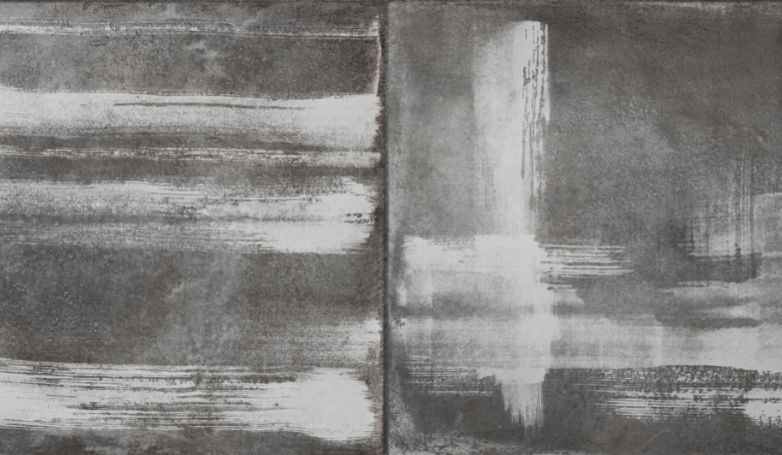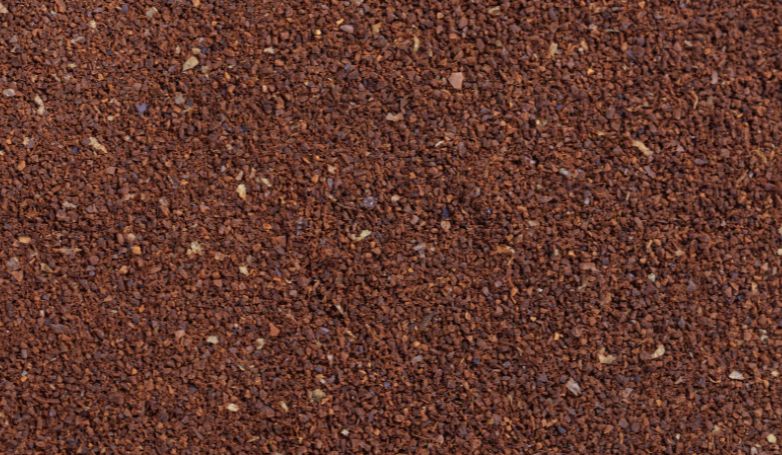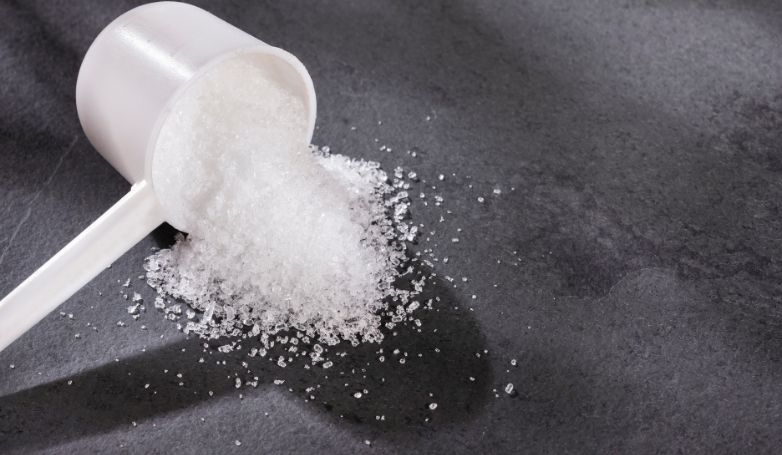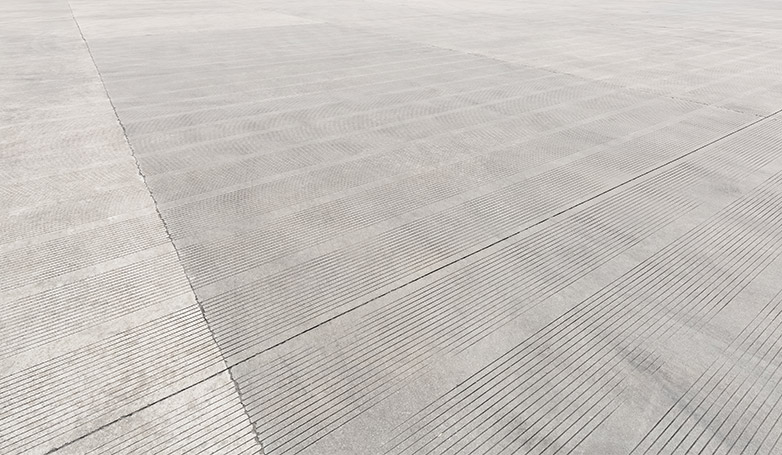Ice Melt Safe For Concrete – 6 Best Ice Melt For Concrete
Ice melt safe for concrete can clear snow and ice without any damage. Ice and snow make roads and sidewalks slippery and dangerous, particularly for vehicles and pedestrians. Ice melt will help preserve your concrete surfaces, and it will also help reduce the hours and energy put into clearing your walkway, driveway, or patios.
Ice-melting chemicals often contain sodium chloride or rock salt, calcium chloride, potassium chloride, magnesium chloride, and urea (carbonyl diamide). These products aid in melting the ice and producing a layer of water that can later freeze into a smoother, less slick surface, which would be safer for everyone to use. Applying ice melt safe for concrete immediately after snowfall increases its efficiency.
Most deicing chemicals enhance freeze-thaw cycling (which can cause spalling). You should avoid applying deicers on new concrete during the first winter because concrete that is less than a year old is less resistant to freezing and thawing than older concrete.
Ice melts harm concrete if used excessively. It can also make surfaces slippery. After the ice and snow have melted, clean up any extra ice melt off the surface to stop it from freezing again. Let’s explore more tips on how to care for your concrete before and after using an ice melt.
Is Ice Melt Safe For Concrete?

Ice melt products are safe on concrete, but you must use them cautiously. It’s essential to follow the manufacturer’s instructions. That way, you will hardly face any challenges or damage. However, some ice melts products are harsh and will affect your concrete. When concrete driveways, walkways, or surfaces are exposed to harsh ice melt products, the surface becomes rough, stained, or discolored. Ice melt is generally safe on concrete but might become harsh when it is not stored properly or used correctly.
Homeowners desire to minimize potential damage when using ice melt on their concrete; we recommend choosing an ice product explicitly formulated for concrete surfaces. When purchasing formulated ice melt products for concrete, you should only go for the finest quality.
Also, ensure you do not over-saturate the surface with ice melt. Carefully follow the instructions if you decide to DIY on your concrete surfaces. This will help you minimize any application hazards. You may also choose a different product with similar functions. Sand or kitty litter can help provide excellent traction on slippery surfaces without causing your concrete any problems.
Many ice melt products will cause damage if used the wrong way. It’s most preferable you choose a concrete-safe ice melt product for your job!
What Can I Use Instead Of Salt On Concrete?
Suppose you have a driveway, walkway, patio, or concrete steps and are looking for a concrete-safe ice-melt product that won’t destroy your surfaces over time. In that case, you should consider a suitable ice melt alternative devoid of salt, acetate, and chlorine. We also recommend that homeowners use ice melts that are not harmful to pets and children. A few alternatives can protect your concrete, pets, and children. This includes:
Sand
Sand is a better ice melt product and can provide traction. Sand can lower the water’s refreshing temperature and prevent ice from building on your concrete surface.
Kitty Litters
Kitty litter doesn’t melt the ice or snow, but it does help provide excellent traction on slippery or icy surfaces. Kitty litter must be applied on the snow to be defective.
Calcium Chloride
It is not as harsh as salt and is issued when the temperature is low. It can provide traction on icy or slippery surfaces and is easier on concrete than on salt.
Alfalfa Meal
If you are looking for an environmentally friendly alternative de-icer for your eco-friendly driveways, alfalfa meal will melt the snow and ice on your concrete surface. Alfalfa meals are hundred percent natural and sustainable.
Vinegar
Vinegar contains citric acids that can help absorb moisture. It may take more than one application to melt down and ice, but it will create traction on slippery surfaces.
Coffee Grounds

You can be a coffee drinker and still impact the environment positively. Coffee grounds work like sand and provide excellent traction on slippery surfaces. The natural acidity of coffee grounds helps the ice and snow to melt.
What Ice Melt Is Safe For Concrete
There are many types of ice melt products: some are safe for concrete, and others will react badly and eventually damage the surface of your concrete driveway, walkways, or patios. Calcium chloride and magnesium chloride are safe and effective at deicing.
Calcium Chloride
Calcium is a commercial deicing product that can be used to melt ice and snow; calcium is less likely to cause any damage to your concrete surface.
Magnesium Chloride
Magnesium chloride is a naturally occurring salt. It helps in lowering the freezing point of water. Magnesium chloride is more beneficial if you have a small amount of ice on your concrete surface. Calcium Chloride is a more effective product at melting ice and snow than Magnesium chloride and can melt ice at -20°F than magnesium chloride, which comes in at -13°F. For magnesium chloride to be as effective as calcium, you must apply more magnesium on the surface.

Potassium Chloride
Potassium chloride can also be used as a deicing product. It is safe on concrete and doesn’t harm the surrounding vegetation.
Sodium Chloride
Sodium chloride or rock salt is safe on concrete driveways, walkways, and patios on any concrete surface. When you use any chloride deicing products, it’s essential to follow the manufacturer’s instructions and ensure your safety carefully.
Ice Melt That Is Safe For Concrete: the best 6 products

Take a look at the best products we have selected:
- Green Gobbler 93% Pure Calcium Chloride Snow & Ice Melt Pellets | Effective at -40° | 35 lb Pail | Concrete Safe Ice Melt: Calcium chloride produces exothermic heat that immediately melts the most challenging ice & snow with maximum safety and little effort, working 4X faster than rock salt.
- Natural Rapport Pet-Friendly Ice Melt – Pet Safe Ice Melter, Rock Salt Alternative – Time Release Deicer Formula Lasts 3X Longer (18 lb): When little feet or paws track dirt inside the house, this specialized, environmentally friendly concrete ice melt prevents your pets, kids, carpet, and tile from harm.
- National Blue Ice Melt 20lb Bag – Fast Acting Ice Melter – Pet, Plant and Concrete Friendly, Environmentally Safe – Free of Magnesium Chloride – Melts to -15°F: National Blue Ice Melt dissolves to -15°F and is regarded as a premium concrete ice melt because of its environmentally friendly and pet-friendly nature.
- REDMOND Ice Slicer – Ice Melt Salt, Kid & Pet Safe Deicer, All-Natural Granular Ice Melt (10 LB): Ice Slicer is a polymer-, dye-, and urea-free ice melt. It is a kid and pet-safe deicer supporting optimum health in farming and wildlife management operations.
- 50 lb. Calcium Chloride Ice Melting Pellets: This time-release formula has a lasting effect on concrete sidewalks and driveways.
- 20 lbs. Pet-Friendly Ice Melt Bag: This safe deicing solution works better on ice and is gentler on pet paws. The formula’s quick action keeps your concrete driveway, sidewalk, or patio from re-icing for longer.
FAQs about Ice Melt Safe for Concrete
Here are some frequently asked questions we’ve answered!
Is Homemade Ice Melt Safe For Concrete?
We don’t recommend using homemade ice melt products on your concrete surfaces. This is because you can’t guarantee the safety and efficacy of this product. Formulating some ice melt products at home can even seriously harm you. Some ingredients are corrosive and should be avoided at all costs. Commercial ice melt products are available for you in many stores. They are specifically formulated to help melt ice and snow and take the stress of shoveling away from you. When you purchase one, ensure you wear protective clothing when ready to apply them to your concrete surface.
If you still insist on using homemade ice melt on your product, then make sure you do adequate research, use the right ingredients, and formulate according to the guide or instructions. You should also test the product on a small part of your concrete surface before you continue usage. If it doesn’t react or ruin the surface of your concrete, you can decide to continue.
Is There Ice Melt Safe For Concrete?
Several ice melt products are safe for your concrete surfaces and pets. Magnesium chloride and calcium chloride are good examples of safe ice melt products that are less harmful to your pets, concrete, and children. Potassium chloride is also less harmful and safe. But they all have to be used the right way. When you follow the manufacturer’s instructions and every safety measure, you, your pet, or concrete surfaces shouldn’t face any challenges.
Is There An Ice Melt Safe For Concrete and Grass?
Some ice melt products are safe on concrete and won’t cause any damage or harm to your grassy surfaces. Calcium, potassium, and magnesium chloride will melt your ice and snow and preserve your vegetation. Once you follow the manufacturer’s instructions, you wouldn’t have to deal with any damages.
If you are worried about ruining your vegetation, you can purchase commercial de-icers specifically formulated to be safe around plants.
What is the safest salt to use on concrete?
The safest salt to use on concrete is calcium magnesium acetate (CMA). CMA is considered environmentally friendly and less damaging to concrete compared to traditional de-icing salts like sodium chloride (rock salt) or calcium chloride. CMA is derived from limestone and acetic acid, making it less corrosive and less harmful to vegetation, pets, and the environment.
Conclusion
Despite the numerous advantages of de-icers, you can still encounter a few challenges with some of the products. You must strictly follow the manufacturer’s instructions when you purchase a commercial ice melt product to protect your concrete surfaces.


